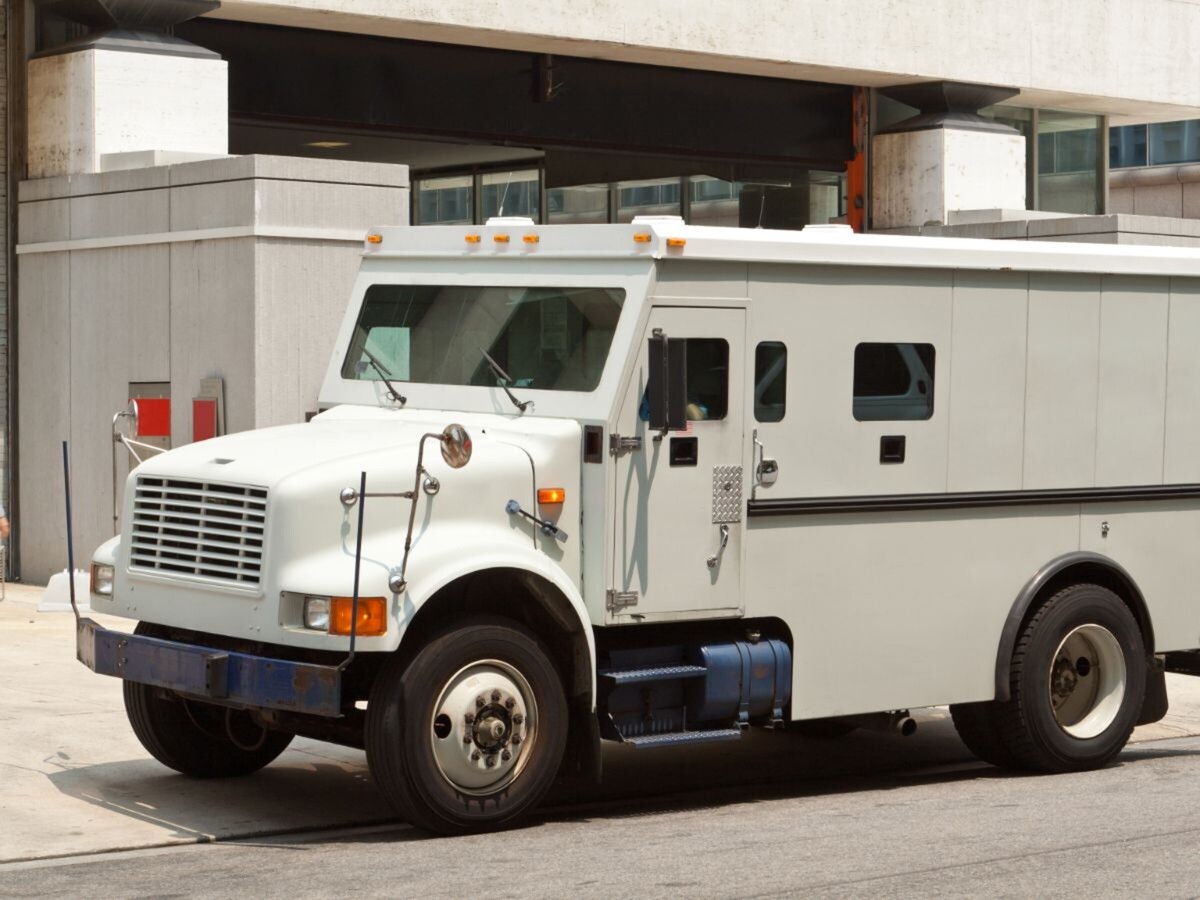Brothers Re-Sentenced to 30 Years for Violent Bank Heists and Foiled Armored Car Robbery
Decades after terrorizing New Jersey banks with guns, masks, and machine guns, Charles and Joseph Rodriguez face justice again.
In a case that could be lifted straight from a Hollywood heist movie, two brothers—Charles Rodriguez, 58, and Joseph Rodriguez, 57—have been re-sentenced to 360 months (30 years) in federal prison for their roles in two violent armed bank robberies and a foiled attempt to rob an armored car in the late 1990s, U.S. Attorney Philip R. Sellinger announced.
The brothers, originally sentenced to life in prison in 2000 following a six-week trial, successfully challenged part of their sentence under 18 U.S.C. § 2255, resulting in the dismissal of one firearms count. However, U.S. District Judge Claire C. Cecchi reaffirmed their long stint behind bars, re-sentencing them on the remaining charges.
The 1997 Corestates Bank Robbery:
On July 19, 1997, four armed men, including Charles and Joseph Rodriguez, stormed the Corestates Bank branch in Woodlynne, New Jersey, creating a scene of pure chaos. Wearing masks, body armor, and armed with rifles and a handgun, the men terrorized employees and customers alike.
Victims were beaten with rifle stocks, firearms were shoved in their faces, and death threats were issued as the robbers methodically emptied the vault. After making off with $64,039, the gang fled in a stolen vehicle, abandoning it in an empty parking lot where they set it ablaze and switched to another stolen car, evading law enforcement.
The 1998 Commerce Bank Robbery:
Nearly a year later, on May 23, 1998, Charles and Joseph Rodriguez struck again—this time at the Commerce Bank branch in Moorestown, New Jersey. Arriving before opening hours, the brothers and a third accomplice shattered the bank’s plate glass entrance doors with gunfire and stormed inside.
Their weapons were not just for show. The robbers fired three shots into the ceiling and another six rounds at a plexiglass door in front of the vault while threatening employees and patrons. After grabbing $15,373, their getaway almost unraveled.
The group initially fled in a stolen vehicle, but when the car stalled, they carjacked a bank employee at gunpoint, taking their car and fleeing a short distance before switching to yet another vehicle. The audacious robbery left behind shattered glass, terrified victims, and a trail of bullets.
The Foiled Armored Car Heist:
On September 1, 1998, law enforcement finally got ahead of the Rodriguez brothers. Alongside their co-defendant Jose Soto, Charles and Joseph planned to rob an armored car at the Walt Whitman rest stop on the New Jersey Turnpike in Cherry Hill.
The brothers arrived heavily armed, carrying multiple firearms—including two machine guns—and wearing tactical gear and bulletproof vests. They brought an astonishing 1,000 rounds of ammunition, preparing for a high-stakes confrontation.
Fortunately, law enforcement intervened before the robbery could unfold, stopping what could have been a deadly assault. The brothers were arrested at the scene.
Justice, Decades Later
The original 2000 sentencing handed the Rodriguez brothers life terms, but recent legal developments under 18 U.S.C. § 2255 led to one firearm-related charge being dismissed. Despite the adjustment, their violent crimes—marked by extreme planning, firearms use, and terror inflicted on innocent victims—resulted in re-sentencing to 30 years in federal prison.
Co-defendant Jose Soto, who was involved in the armored car plot but acquitted of the bank robberies, was sentenced in 2022 to time served—approximately 289 months (24 years).
U.S. Attorney Philip R. Sellinger credited the tireless efforts of FBI special agents and law enforcement teams that ensured justice prevailed. Assistant U.S. Attorneys Clara Kim of Newark’s Special Prosecutions Division and Norman Gross of the Camden Office represented the government in the case.
The Rodriguez brothers’ violent spree left a lasting impact on New Jersey communities. Victims, many of whom were terrorized at gunpoint, are finally seeing the justice system hold the brothers accountable—even 26 years after their crimes.















